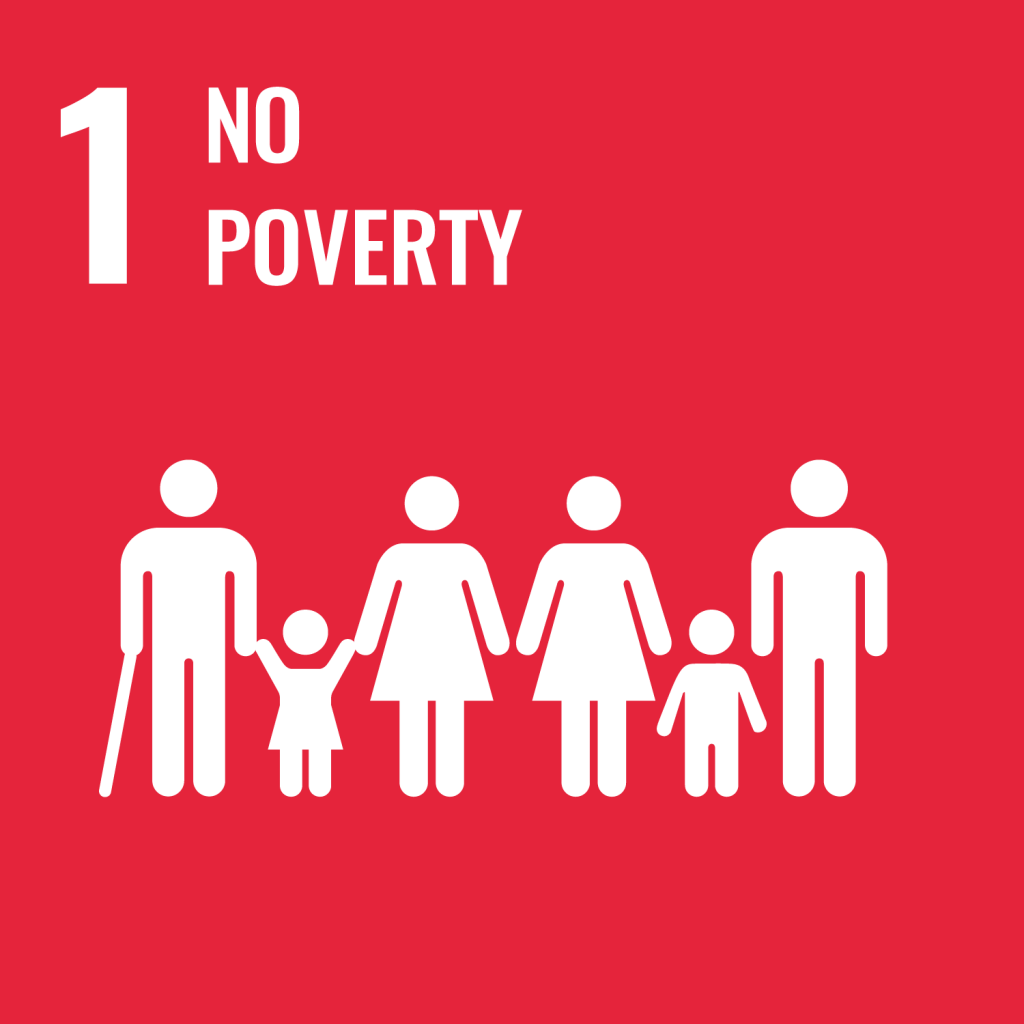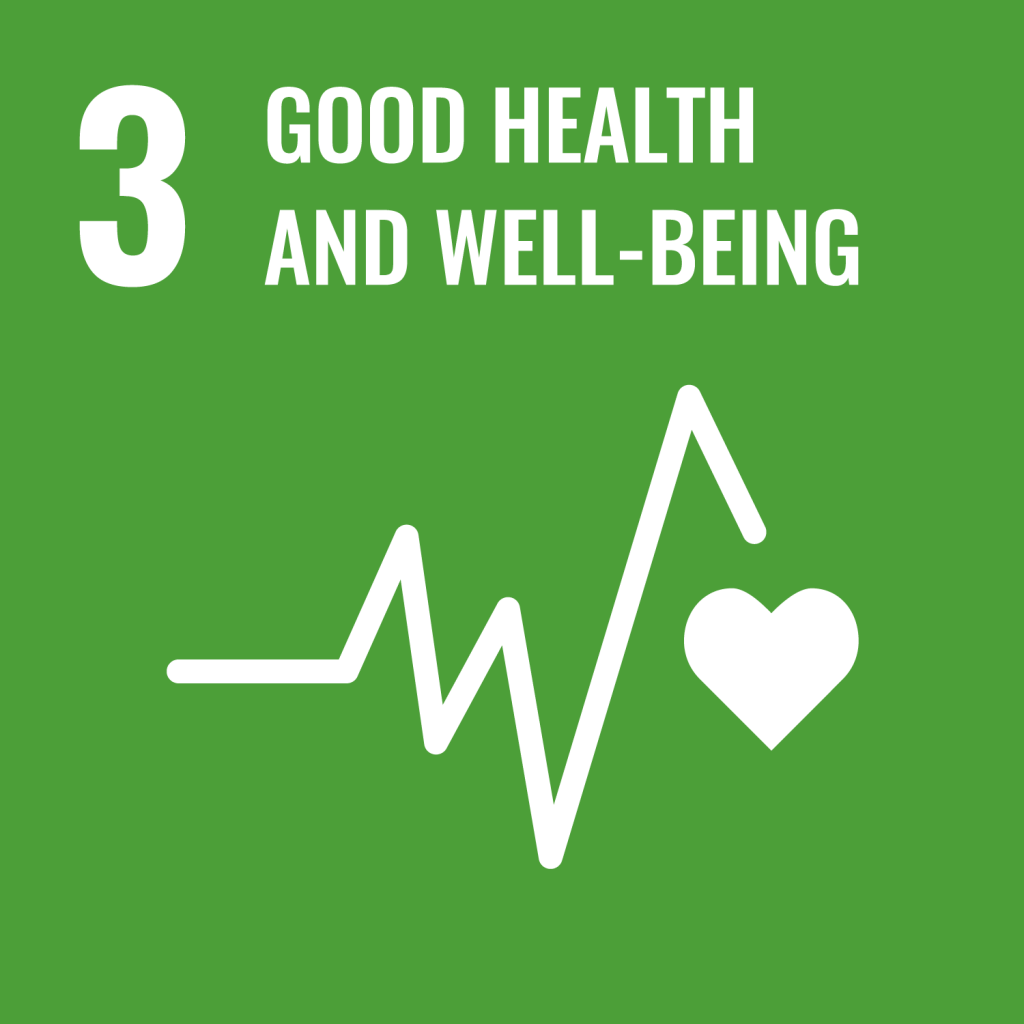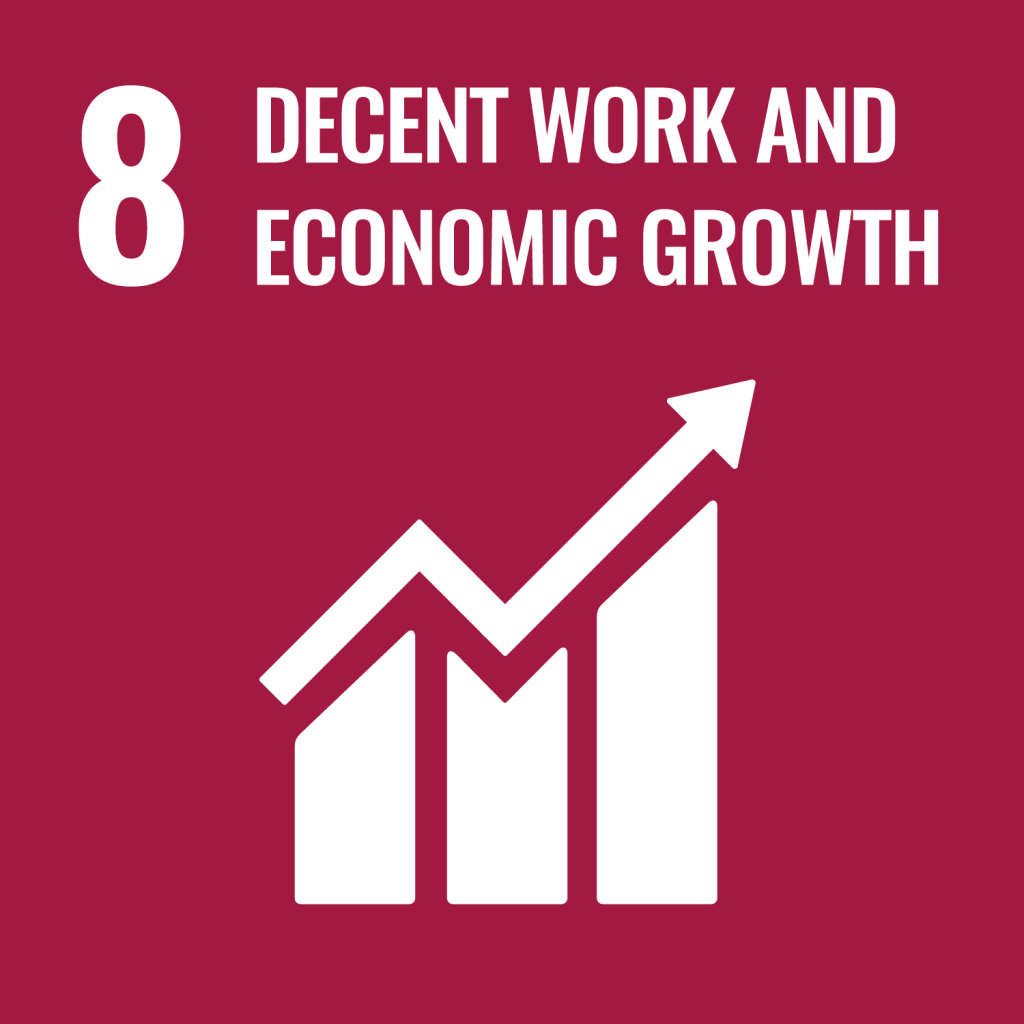Kraft Group AB
Medium (49-500)
Beauty
Wholesale Trade
Lesson
This case study describes a company that, with focus on small steps, continuous improvement, and transparency, engaged employees socially and successfully combined its purpose and its profits.
Background
J. Kraft Group AB was founded in 1991 and is a leading supplier of skin and hair products distributing to about 2500 clients (hair salons, beauty salons, department stores) in Sweden. The company has offices in both Malmö and Stockholm as well as four own beauty salons with around 65 employees in total. Kraft Group represents 11 international brands. In its official description, one of the core purposes of the company is to have a significant positive impact on society, employees, and the environment as a whole. This is achieved through the wholesale distribution and logistics of chemical-technical articles. Since 2018, Kraft Group is a certified B-Corp which offered the company a chance to achieve both profits and purpose.
Kraft Group sustainability practices contribute to the UN Sustainable Development Goals:




Sustainability Story
For Kraft Group, sustainability is an all-encompassing journey and all share- and stakeholders are considering sustainability as a central element. Becoming a B-Corp in 2016, the company has come to foster a strong company culture based on B-Corps ‘declaration of interdependence’. By seeing how everything is related when it comes to sustainability, the company works internally, externally, locally, and globally and through doing so recognizes that sustainability rests on social, ecological, and economic pillars and that profit and purpose are not mutually exclusive.
Due to the special business setup of owning beauty salons that are competitors to Kraft Group´s clients, the leadership has a strong focus on building trust through transparency. Sharing knowledge about their salons´ business development with their clients is an important part of this.
Kraft Group has used small steps and continuous improvement as central values to its decisions. From this background, they focus their sustainability work as locally as possible and within reach of their activities. In collaboration with the brand owners whose products Kraft is selling, the company offers economic support to five sustainability projects from external organizations, mainly active in Sweden. Moreover, Kraft Group supports several Goodwill projects for their employees. Each staff member is allowed to spend a certain number of paid hours on a goodwill project (e.g. offering free treatment to women in a women’s shelter organization) or in one of their five supported sustainability projects (e.g. the “Look good, feel better” project aimed at people undergoing chemotherapy). By doing so, Kraft Group’s aimed to work with sustainability locally and internally by fostering a company culture of caring and by supporting local community development. During the Covid-19 pandemic, the SME made a series of promises, two of which consisted of continuing their support to their goodwill projects and keeping every staff member on board, both of which have been kept.
Working in this way, Kraft Group has come to discover that the more they invest in their staff, social engagement and environment, the more money, and therefore investments, they can make: “Since we really started to work with sustainability, we’ve actually increased our turnover and profit from year to year.” Through these actions, the SME is confident in their pledge to reach net-zero by 2030. Despite the Covid-19 pandemic and the company’s promises (no layoffs, support clients, continue funding projects), Kraft Group has found it has had its best business result in 2020.
Kraft Group AB Practices
| Sustainable procurement and management of business operations to generate profit & purpose |
|---|
| The company is a certified B-Corp and has broad understanding of sustainability that goes beyond health and environmental aspects. The leadership puts sustainability at the centre of every decision with the principle of “purpose and profit”. Externally, the company actively works with suppliers and transport companies to improve their sustainability profiles. Internally, the company has built up an internal capacity & culture based on transparency and around the principle of ‘interdependence’, an understanding that everything is related in a complex world. The company supports 5 (mainly local) sustainability projects, and each employee receives eight hours per year to work with some social good. |
Pathway Map
Sustainable Procurement and Management of Business Operations to Generate Profit & Purpose
View the Pathway MapEnabling Factors for Practices
| Internal to the organization | External to the organization |
|---|---|
| Commitment from share-/stakeholders and board. | B-Corp supporting network. |
| Open to learning (R&D, entrepreneurial spirit, and reflexive mindset). | |
| Shareholders onboard with the mission. | |
| The mindset of the board who advocates continuous improvement in small steps, i.e. small improvements on the local level instead of risking to get overwhelmed with sustainability on the global level. |
Arresting Factors for Practices
| Internal to the organization | External to the organization |
|---|---|
| Swedish state and regulations nation-centric (i.e., does not see beyond its own borders).e.g. not possible for Kraft Group to engage staff in cleaning streets as this is the state/ municipality who takes care of this. | |
| The Covid-19 pandemic disturbing supply chains and negatively impacting staff wellbeing. |

